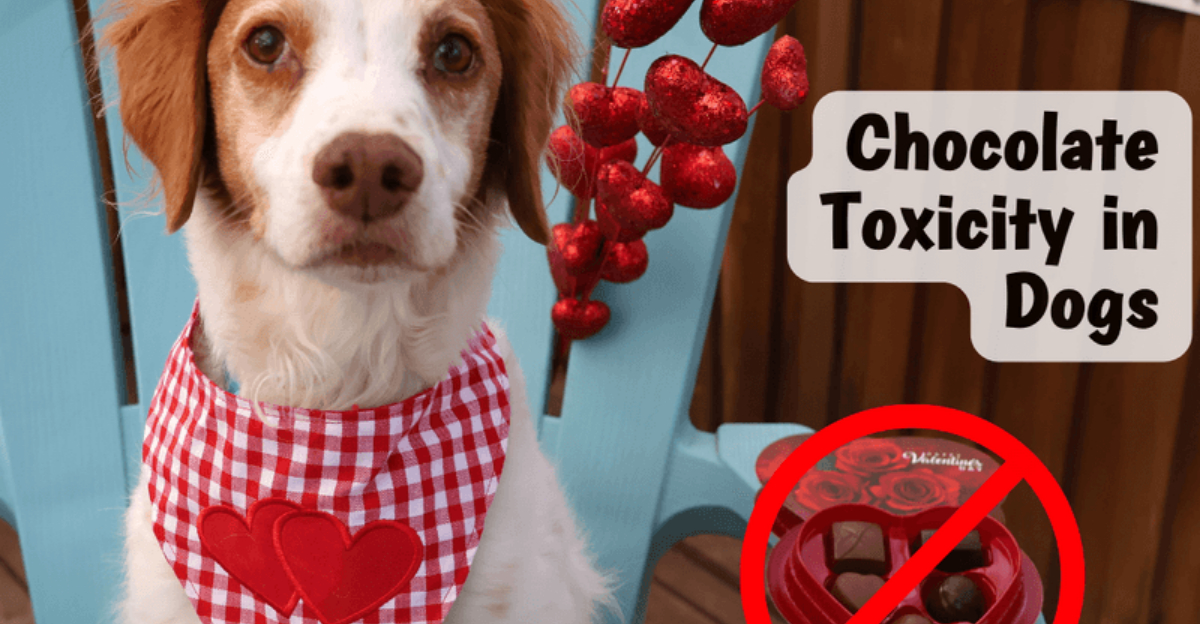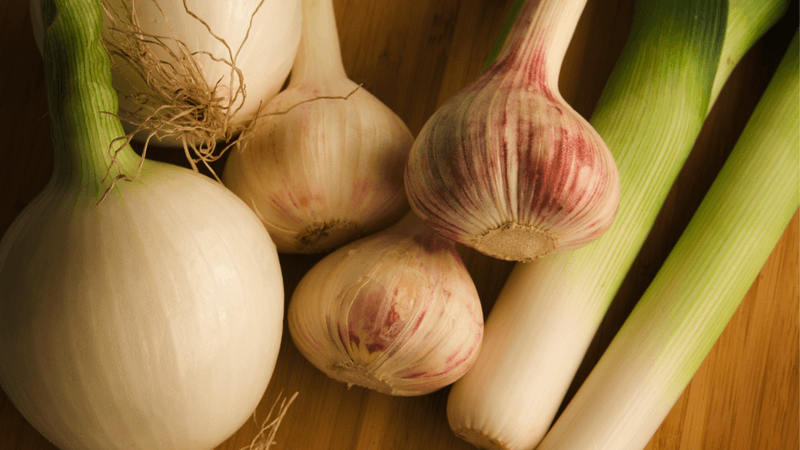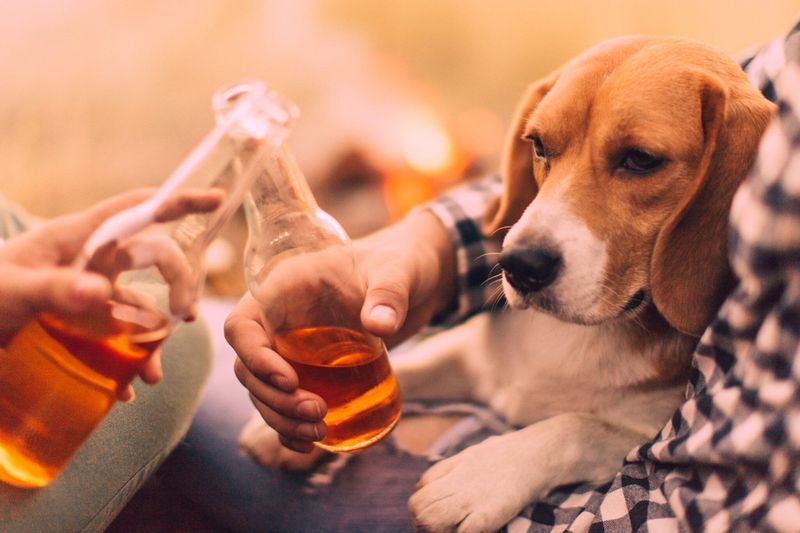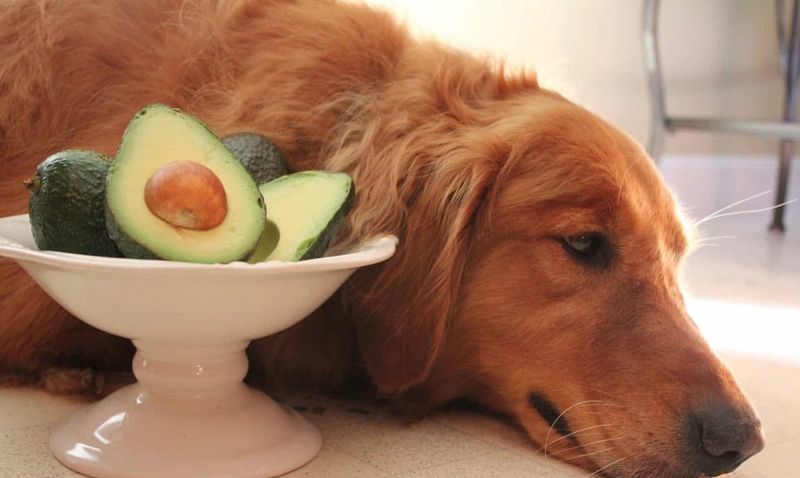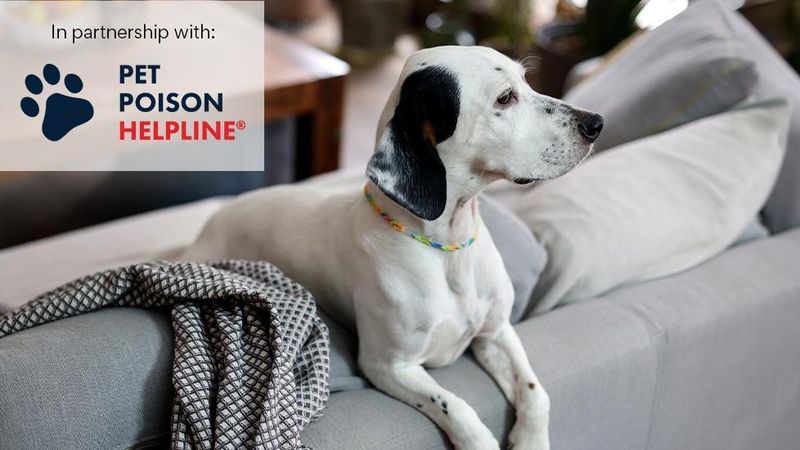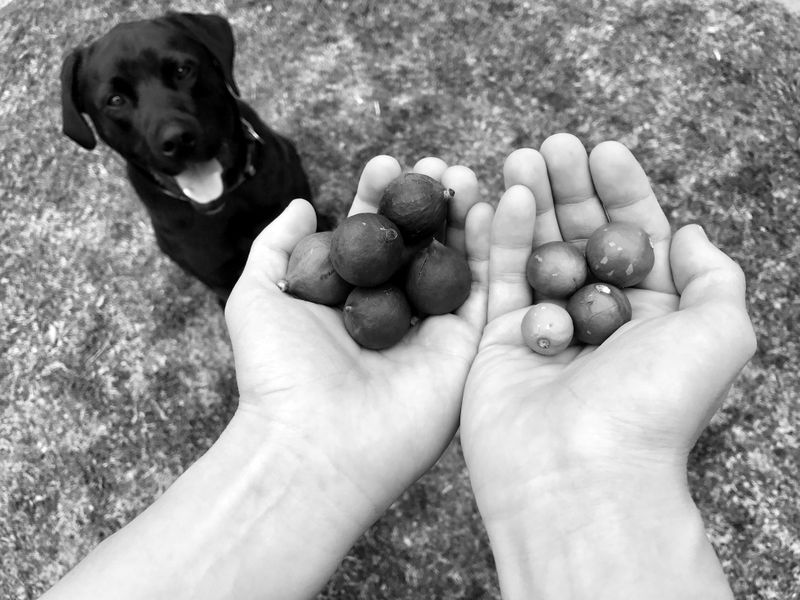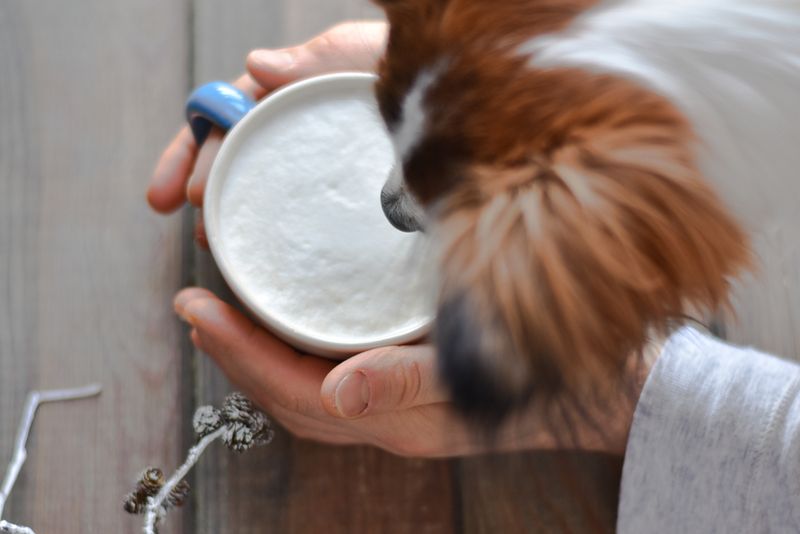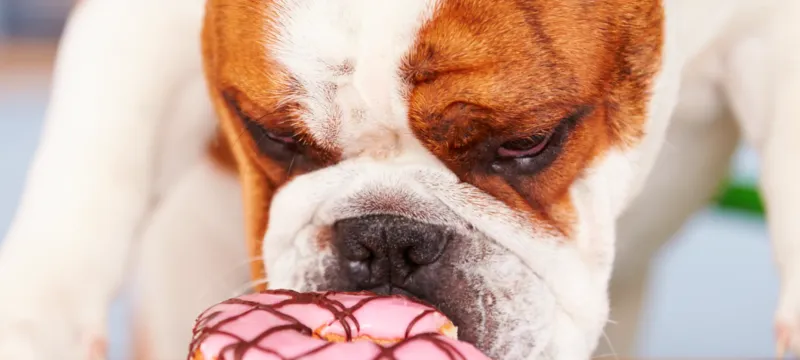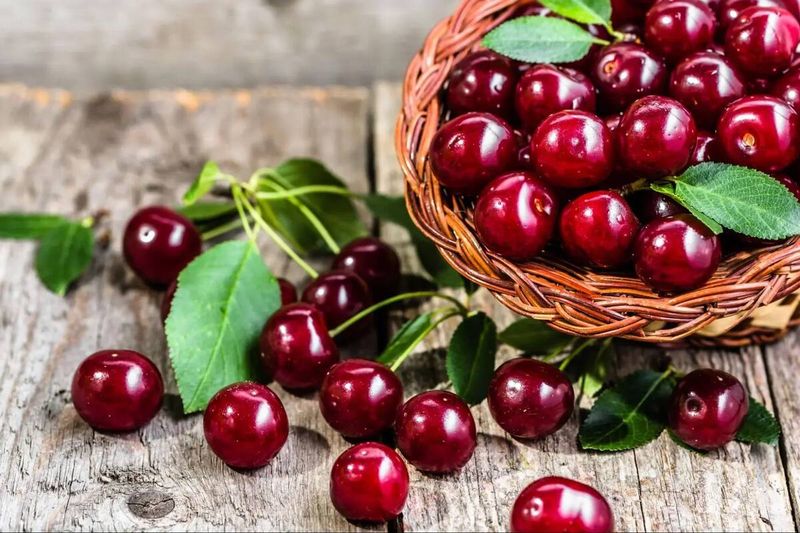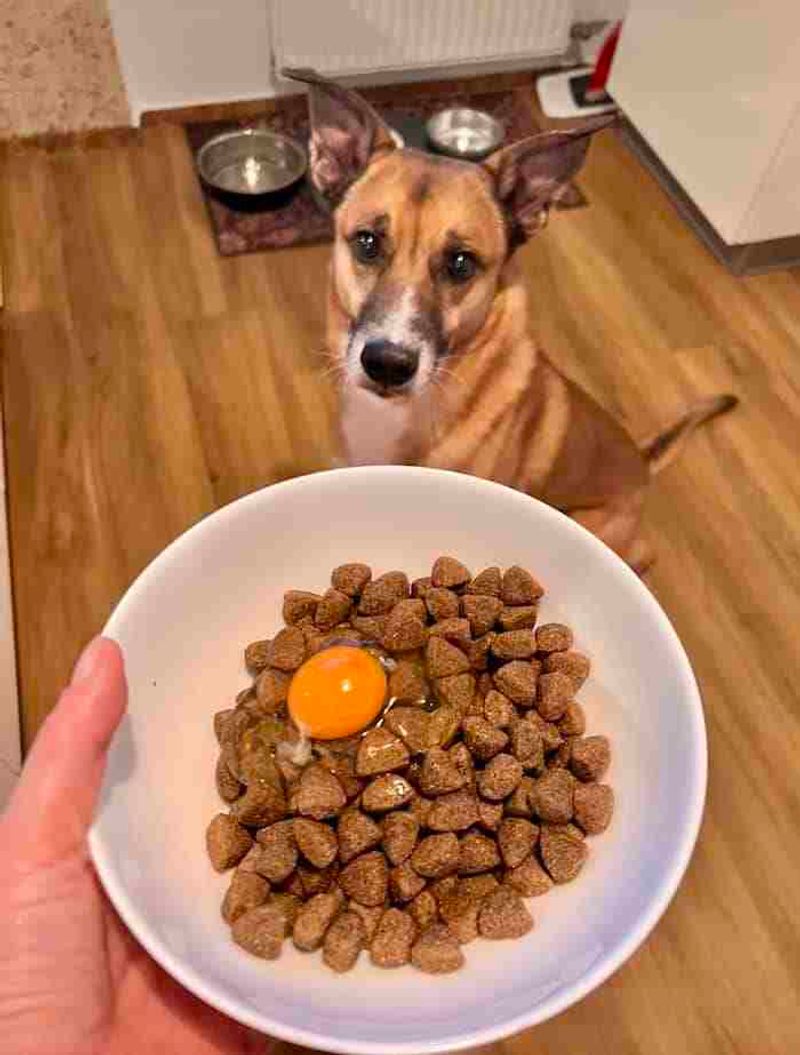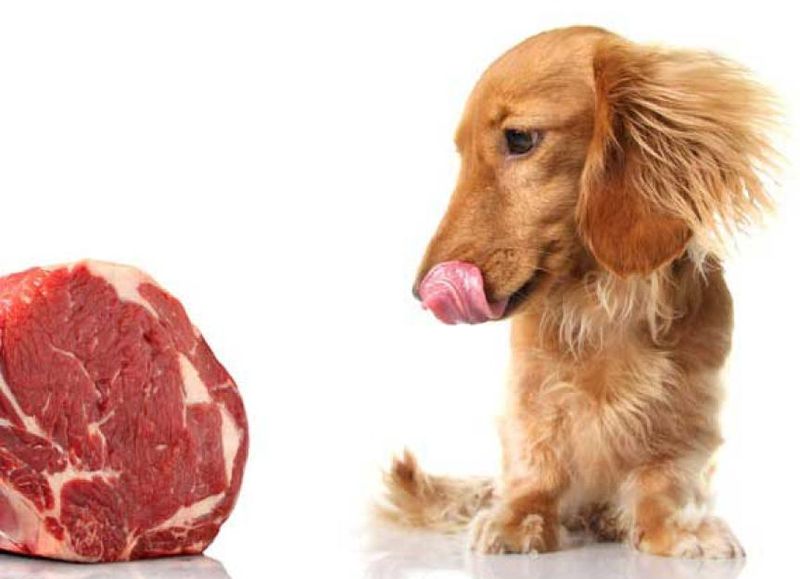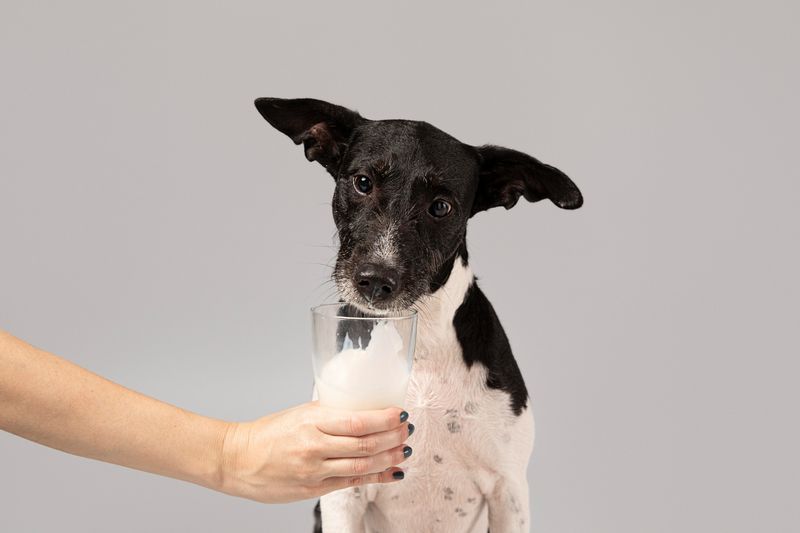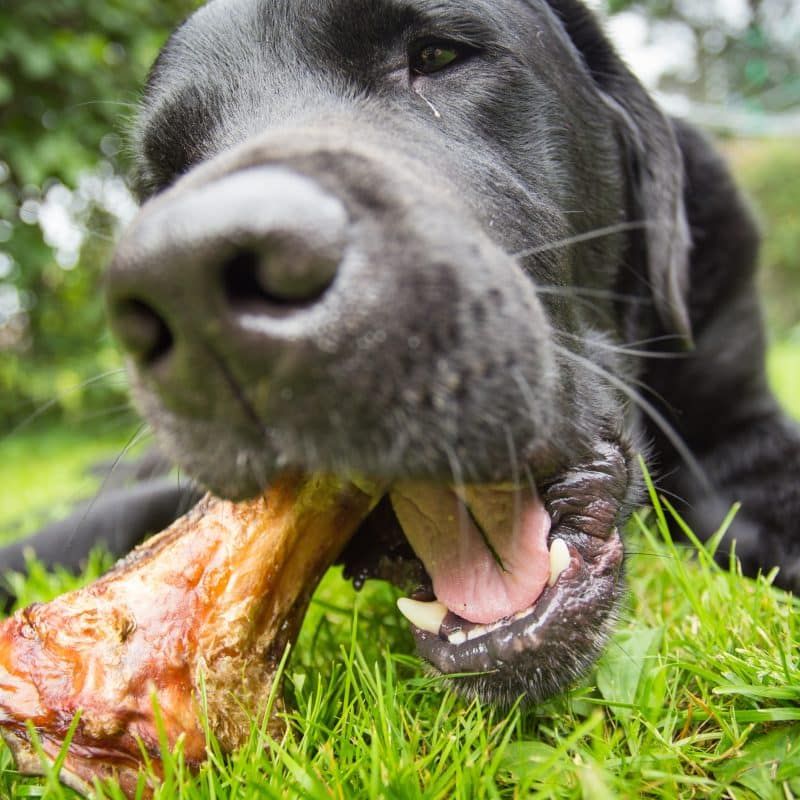Caring for a dog involves more than just love and affection. It’s essential to know what foods can harm your furry friend. Some common human foods can be toxic or harmful to dogs, leading to severe health issues or even death. Below is a list of 15 items you should never feed your dog, ensuring their safety and well-being.
Grapes and Raisins
Juicy grapes or sweet raisins might sound like a harmless snack, but they can be perilous for dogs. Consumption can lead to sudden kidney failure, a severe condition that escalates rapidly. The exact toxic agent remains unknown, but even small amounts can be harmful. Symptoms can include vomiting, lethargy, and loss of appetite. To protect your pet, always avoid these fruits and ensure they are stored securely. Encourage healthy snacking habits with dog-friendly fruits like apples or blueberries instead. Your vigilance is key to preventing a health catastrophe.
Onions and Garlic
With their pungent aroma, onions and garlic are culinary staples for humans but toxic foes for dogs. They contain compounds that can damage red blood cells, leading to anemia. Whether raw, cooked, or powdered, these ingredients should be avoided. Symptoms may include weakness, breathlessness, and reduced appetite. It’s essential to keep these away from your pet’s meals, ensuring their safety and vitality. When sharing food, always verify that it’s free from such toxic ingredients. A vigilant approach can save your dog from unnecessary suffering.
Alcohol
A celebratory drink may be a human delight, but alcohol is hazardous for dogs. Even small amounts can lead to alcohol poisoning, causing symptoms such as vomiting, coordination problems, and respiratory distress. More severe cases can even result in coma or death. Always ensure that alcoholic beverages are placed out of reach and spills are cleaned promptly. Opt for dog-safe drinks if you wish to include them in festivities, ensuring their participation without risk. It’s essential to prioritize their health, avoiding any accidents.
Chocolate
With its tantalizing aroma, chocolate may seem like an innocent treat, but it’s a hidden danger for dogs. Theobromine and caffeine, found in chocolate, can lead to symptoms like restlessness and vomiting. In severe cases, it can cause seizures or even heart failure. It’s crucial to keep chocolate out of reach, ensuring your dog never gets a taste. Whether it’s dark, milk, or white chocolate, all variations pose a risk. For your canine companion’s safety, always provide designated dog treats instead, preserving their health and happiness.
Avocado
Creamy and nutritious for humans, avocados harbor dangers for dogs. Persin, found in avocados, can cause vomiting and diarrhea in dogs. While the flesh is less risky, the pit poses a choking hazard and the skin contains higher persin levels. Symptoms can escalate quickly, so it’s best to avoid sharing this fruit. Choose safer alternatives like carrots or cucumbers for snacking. Understanding these risks helps in making informed choices for your pet’s diet. By avoiding avocados, you protect them from unnecessary health issues.
Xylitol
In the world of sweeteners, xylitol stands as a hidden threat to dogs. Commonly found in sugar-free gums and candies, it can cause a sharp drop in blood sugar levels, leading to weakness and seizures. Liver failure is a risk with larger ingestions. The onset of symptoms can be rapid, making immediate veterinary attention crucial. Always check labels for xylitol presence and keep such products out of your dog’s reach. Opt for natural sweeteners like honey if needed. Vigilance ensures their well-being and prevents life-threatening situations.
Macadamia Nuts
Innocuous to humans, macadamia nuts are a surprising hazard for dogs. Ingestion can lead to symptoms such as weakness, vomiting, and hyperthermia. The exact toxic component remains unidentified, but even small amounts can trigger adverse effects. Always ensure these nuts are kept away from your pet’s reach. Choose dog-friendly nuts like almonds or peanuts in moderation if you wish to share. By understanding the risks, you can make informed decisions, ensuring your dog’s safety. Knowledge and care are key to avoiding unnecessary ailments.
Caffeine
While a morning coffee gives humans a jolt, caffeine’s effects on dogs can be perilous. Found in coffee, tea, and energy drinks, caffeine can cause restlessness, rapid breathing, and heart palpitations in dogs. In severe cases, seizures and tremors may occur. Always ensure these beverages are out of your dog’s reach, preventing accidental ingestion. If you desire to share a hot drink moment, consider dog-safe herbal teas. By understanding the risks and taking precautions, you ensure your pet’s safety, allowing them to share in life’s moments without harm.
Yeast Dough
In the world of baking, yeast dough’s rise is a marvel, but for dogs, it’s a potential threat. When ingested, the dough can expand in their stomach, causing bloating and discomfort. The fermentation process also produces alcohol, posing additional risks. Symptoms can escalate quickly, requiring veterinary intervention. Always ensure that dough is kept out of reach during preparation. Opt for pre-baked treats to share baking moments safely. Awareness and caution ensure your pet’s safety, preventing unnecessary health issues. Baking can remain joyful, minus the hazards.
Artificial Sweeteners
Artificial sweeteners, often used in diet products, pose hidden dangers for dogs. Xylitol, in particular, can cause insulin release, leading to hypoglycemia. Symptoms may include vomiting, loss of coordination, and lethargy. Severe cases can result in liver failure. Always check labels for xylitol when purchasing groceries. Choose natural sweeteners if needed, ensuring they are dog-safe. Vigilance in understanding these risks protects your pet from serious health issues. By avoiding artificial sweeteners, you contribute to your dog’s well-being, allowing them to enjoy life safely.
Cherries
With their vibrant hue and sweet taste, cherries are a delightful treat for humans but pose risks to dogs. The pits contain cyanide, which can lead to poisoning if ingested. Additionally, the pits present a choking hazard. Signs of cyanide poisoning include difficulty breathing and red gums. To ensure safety, always remove pits if you choose to share cherries, or better yet, opt for safer fruits like strawberries. Understanding the risks associated with cherries helps protect your pet from potential dangers, ensuring their continued health and happiness.
Raw Eggs
Raw eggs, while a protein source for some, pose risks to dogs. The presence of harmful bacteria like Salmonella can lead to food poisoning. Symptoms include vomiting, diarrhea, and lethargy. Additionally, raw egg whites contain avidin, which can interfere with biotin absorption, affecting skin and coat health. Always cook eggs before sharing them with your dog to eliminate these risks. If you wish to provide protein, consider alternatives like cooked chicken. Understanding these potential hazards ensures your pet’s safety, allowing them to enjoy wholesome nutrition without risks.
Raw Meat and Fish
For some, raw meat and fish may epitomize a natural diet, but for dogs, they pose bacterial risks. Salmonella and E. coli are common pathogens found in raw foods, leading to food poisoning. Symptoms include vomiting, diarrhea, and abdominal pain. Certain fish species also contain parasites harmful to dogs. Always ensure meats are cooked thoroughly before feeding them to your pet, eliminating bacterial threats. By understanding these risks, you can make informed dietary choices that prioritize your dog’s health. Cooking ensures nutritional benefits minus the dangers.
Milk and Dairy Products
Though milk may symbolize nourishment, many dogs are lactose intolerant. Consumption can lead to digestive upset, including diarrhea and bloating. Cheese and other dairy products hold similar risks, making them unsuitable for lactose-sensitive dogs. Always observe your dog’s reactions to dairy and consult a vet if unsure. Opt for lactose-free alternatives if you wish to include dairy in their diet. Understanding the potential discomfort dairy can cause ensures your dog’s continued well-being, allowing you to cater to their dietary needs thoughtfully.
Fat Trimmings and Bones
Fat trimmings and bones, often seen as a canine treat, carry hidden dangers. Consuming fat can lead to pancreatitis, a painful condition requiring veterinary care. Bones, particularly cooked ones, can splinter, causing internal injuries or choking. Always ensure that fat and bones are disposed of properly, away from your dog’s reach. Opt for safer chew options like rubber toys or dental chews. Understanding these risks is crucial in protecting your dog’s health, preventing emergencies. A cautious approach ensures your pet’s safety, allowing them to thrive without unnecessary hazards.
